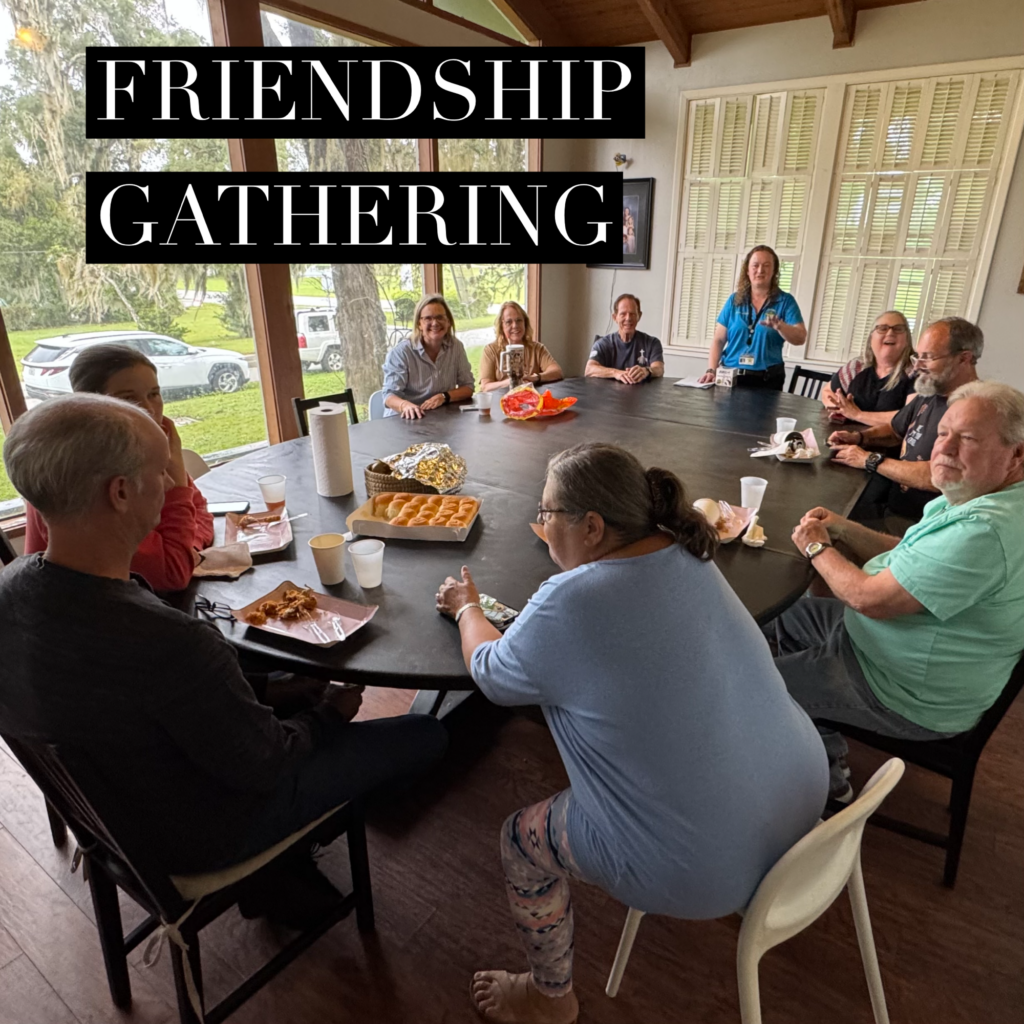Last week, at our local support group, known as the “Friendship Gathering,” Leah Dahlquist, a Victim Advocate for the Putnam County Sheriff’s Office, gave a presentation on how to use a scent kit and how it can significantly impact the life of a child or senior who may wander.
In the chaos and anxiety that follows when a loved one goes missing, especially a vulnerable child or senior adult, the critical work of search-and-rescue service dogs becomes a beacon of hope. These specially trained dogs play a key role in locating individuals who may have wandered off due to cognitive conditions like autism or Alzheimer’s disease. Relying on their remarkable sense of smell, these dogs have become invaluable partners for law enforcement and rescue teams.
The Power of a Dog’s Nose
A dog’s sense of smell is between 10,000 and 100,000 times more sensitive than a human’s. This astonishing capability allows them to pick up even the faintest of scent particles that humans would never detect. Service dogs trained for search-and-rescue (SAR) use this powerful tool to track down the unique scent of a missing individual.
When someone goes missing, searchers often use an article of clothing, a toy, or a blanket that contains the person’s scent. The dog is then able to lock onto this scent, even in areas where weather conditions, terrain, or time may have dispersed it.
How Are Dogs Trained to Track Wandering Individuals?
SAR dogs undergo rigorous training, typically lasting several months to years, depending on the specific type of search work they will perform. There are two main types of scent work these dogs are trained for:
1. Tracking: The dog follows the exact path the missing person took by sniffing the ground. This method is useful when the person has recently gone missing, as the scent trail is still fresh.
2. Trailing: Trailing dogs focus more on the general scent in the air. They are able to follow the scent even if the person is no longer on the ground where the scent originated. This is especially helpful when the terrain is rough, or if the person has been missing for a longer period.
Many SAR dogs specialize in both techniques, making them versatile and effective tools for a variety of search scenarios.
Helping Children with Autism and Seniors with Alzheimer’s
Children with autism and seniors with Alzheimer’s or dementia are among the most frequent individuals to wander. Both groups may become easily disoriented, and their natural instinct might be to walk further away from familiar places rather than return. This puts them in immediate danger of getting lost in unfamiliar, potentially unsafe environments.
Service dogs trained for SAR in these cases are not only able to find the missing individuals more quickly but often play a calming role in reuniting them with their families. The very presence of a dog, with its non-threatening and gentle demeanor, can help ease the anxiety of a frightened child or confused senior, making it easier to bring them safely back home.
The Impact of Time
When a person goes missing, time is of the essence. Every minute counts. Fortunately, the unique abilities of SAR dogs allow them to cover large areas quickly and efficiently. In many cases, they can track a scent that is several hours or even days old, which can significantly improve the chances of a successful rescue.
These dogs are often able to operate in environments where other search methods—such as drones or search helicopters—may struggle, including dense forests, fields, or urban areas with a lot of distracting smells.
A Lifeline for Families
The work of SAR dogs provides more than just hope for a successful rescue; they provide families with a sense of security. Knowing that these highly trained dogs are capable of tracking down wandering loved ones offers comfort to those caring for individuals who are prone to getting lost. In addition to professional SAR dogs, some families even choose to have specially trained service dogs in their own homes to monitor their loved ones.
The Unsung Heroes
While technology continues to advance in search-and-rescue operations, the simple fact is that nothing quite compares to the nose of a well-trained SAR dog. These four-legged heroes often work tirelessly, braving harsh conditions to bring lost children and seniors safely back to their families. Their service is an incredible testament to the bond between humans and animals—and their role in saving lives cannot be overstated.
Service dogs’ scent tracking abilities offer families peace of mind, knowing that these loyal companions are always ready to lend a nose in the most crucial of moments.


